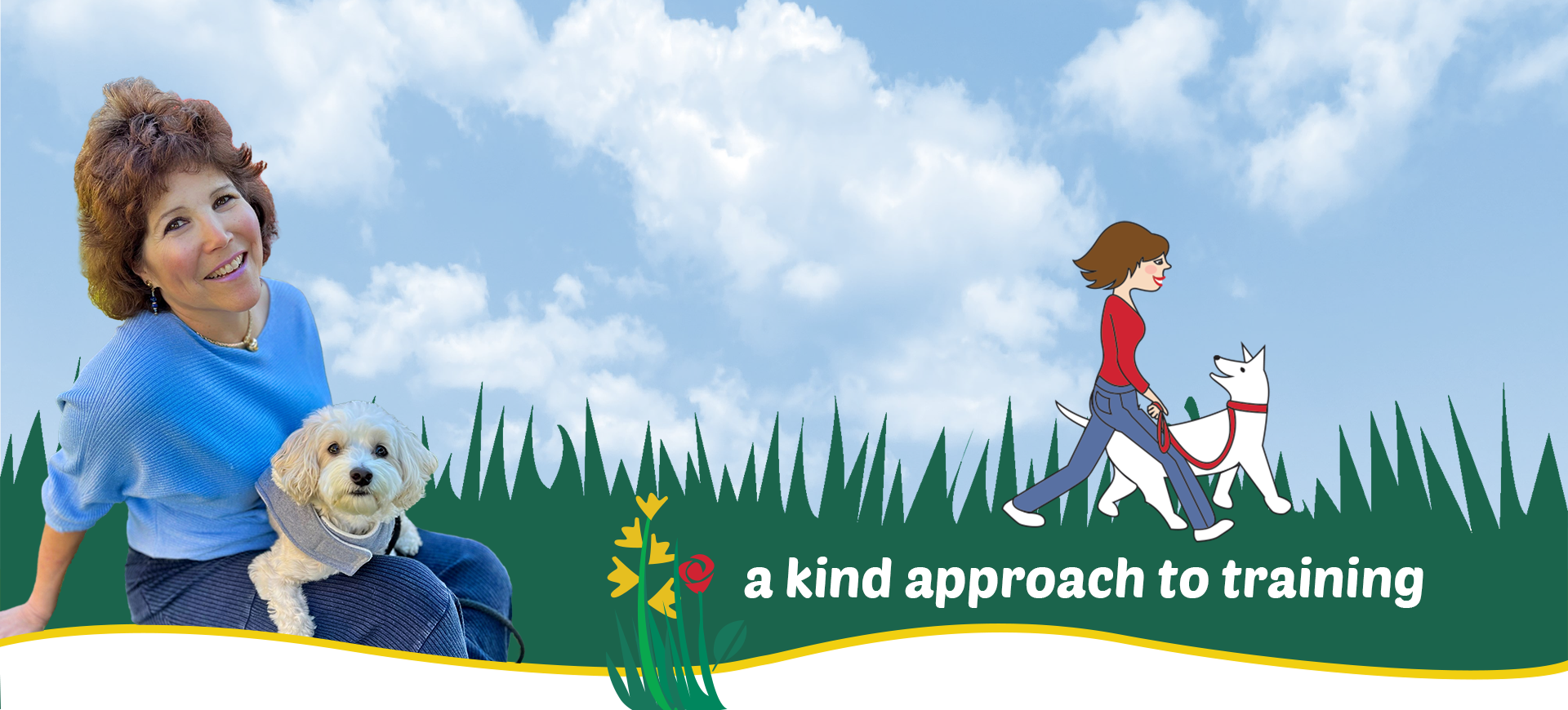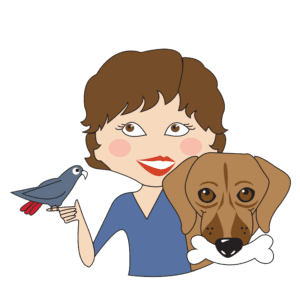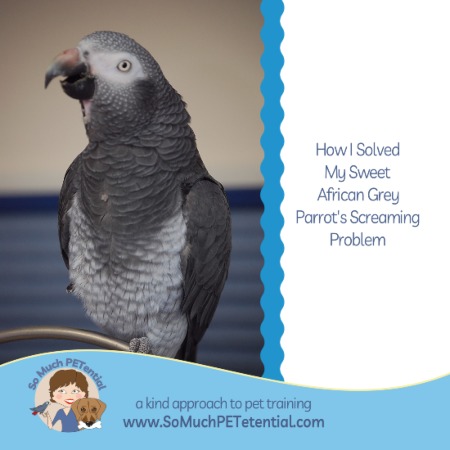When we bring companion psittacine birds into our homes, they are reliant on us to provide them with an environment in which they can thrive. Nutrition is a very important piece of that when it comes to their physical and behavioral health.
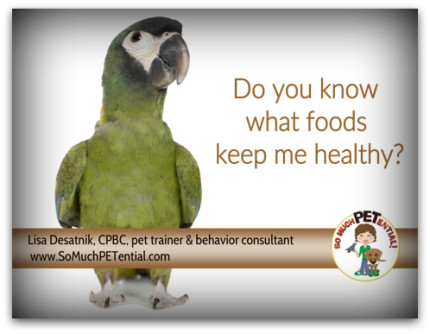 So, what is a balanced diet for companion bird pets? Well, there is no one-size-fits-all here for many reasons. There is such a broad range of birds kept in captivity, with very diverse geographic origins and diets depending on that location and available food sources (that we may or may not even have access to). Also in considering caloric, fat, and nutritional intake, we need to remember that captive birds generally lead very significantly more sedate lives than their wild counterparts that spend a considerable part of their day flying, moving and foraging for food. Additionally, everyone reading this will house their pets in different environments with varying temperatures, light, etc.
So, what is a balanced diet for companion bird pets? Well, there is no one-size-fits-all here for many reasons. There is such a broad range of birds kept in captivity, with very diverse geographic origins and diets depending on that location and available food sources (that we may or may not even have access to). Also in considering caloric, fat, and nutritional intake, we need to remember that captive birds generally lead very significantly more sedate lives than their wild counterparts that spend a considerable part of their day flying, moving and foraging for food. Additionally, everyone reading this will house their pets in different environments with varying temperatures, light, etc.
That being said, feeding our pets the right foods is important for their health. A balanced diet based on sound bird nutrition recommendations is the key. Balancing a parrot’s diet from the beginning may prevent many health and behavior problems.
While keeping this post as general as possible because of these differences in species and dietary needs, I wanted to share some general considerations. I very much appreciate Dr. Diane Krumanaker, DVM, a veterinarian with the Montgomery Animal Hospital who, in addition to seeing dogs and cats, also treats birds, small animals and exotics, for her input with this post.
For specific dietary questions about your specific bird, please consult your avian vet. And anytime, before you modify your pet’s diet, please have your bird examined by your avian vet.
Begin with a good quality pellet.
Dr. Krumanaker recommends 60 to 75% of your bird’s daily food intake should be high quality pellets. Manufacturers formulate their food to provide good, balanced nutrition. Some quality brands to look for include Harrison’s, Roudybush, and Zupreem.
Fruits and Vegetables
Dr. Krumanaker recommends about 20 to 30% of your bird’s daily diet come from fresh vegetables and fruits.
Keep in mind that fruits have high water and sugar content. Vegetables tend to have a much broader spectrum of nutrients; however, berries are high in antioxidants and nutrients. Stone fruits should be fed without the seeds. And organic, whenever possible, eliminates potential dangers of pesticides.
Extra
Other treats such as seeds, nuts, grains and limited dairy are ok too. Dr. Krumanaker recommends up to 10% of a pet bird’s diet can fall into this category.
Some additional things to keep in mind here are:
Dairy – When it comes to cheese and dairy products, birds have very tiny quantities of lactase enzymes needed to process milk sugar known as lactose. They may develop diarrhea if they eat too much. Certain milk products contain less or no lactose. Natural, aged cheese such as cheddar, parmesean and swiss only have trace levels of lactose. Cheeses such as cream cheese or rigotta have low levels of lactose. However processed cheese foods and spreads are best to avoid as that processing stops the aging and also adds other problem ingredients such as whey and milk.
Nuts – I stay away from peanuts for any potential danger. Peanuts are unusual in that they flower above ground but fruit below ground. They have been known to harbor aspergillus spores and aflatoxins. While aspergillosis infections are generally secondary to other issues, it is very difficult to treat. Aflatoxins are toxic chemical byproducts of mold. (Although I do not feed seed mixes, there are some commercial pet bird seed mixes that contain peanuts.)
Seeds – Speaking of aflatoxins, they are one of the reasons why when feeding seeds, that you should use organic seeds and not seeds purchased from a garden store that could potentially have pesticides and molds, which can be dangerous to your pet.
Seeds are high in fat and low in nutrients. Even fortified seed mixes, vitamins and minerals are only on the hulls of fortified seed mixes (which are discarded by the bird). In general, companion birds that are fed only seed or a high seed content diet will suffer from malnutrition.
Sprouting Seeds – Dr. Krumanaker pointed out that by sprouting seeds, you are changing the nutrient profile, as sprouted seeds have lower oil content and the growing roots uses up some of the starch and produces more vitamin C and enzymes. A word of caution: sprouts spoil quickly so only make a day’s ration at a time. Sprouts should always smell fresh and never be slimy. If in doubt, it is always best to throw out.
To sprout seeds, these are tips from Dr. Krumanaker:
How to sprout on your kitchen counter (you can also buy sprouting kits)
- Start with sprout-quality seeds/beans (preferably organic)
- Soak in water for 8-12 hours (start lukewarm) in a covered pot
- Rinse vigorously and drain
- Let seeds sit in a sieve in the covered pot for 12 hours
- Rinse seeds and drain well again
- Let sit another 12 hours in the sieve in the pot
- Rinse, drain, repeat until sprouted (usually takes 24-48 hours after soaking)
- Refrigerate and use quickly (within 1 day)
You can also plant sprouts in sterilized potting soil and feed the seedlings or greens to your bird.
Water
Your companion bird should always have a clean, fresh supply of water. Bottled spring water or filtered water can be used if your water quality is unsure. I am an advocate for water bottles as bacteria can quickly form in bowls from dropped food, fecal matter or other things. When I brought Dreyfuss, my pionus, into my home many years ago she drank from a water bowl, however, liked to soak all of her food in it. It was difficult to keep it clean so I taught her using clicker training and shaping to drink from a bottle. Note that the water bottle should be checked daily to ensure it is working as birds can sometimes lodge something into the tube.
Grit
Grit is a granular, insoluble mineral material (usually granite or quartz). Dr. Krumanaker said parrots do not need grit or cuttlebones. “While many cockatiels will happily ingest small quantities and be perfectly fine, some will swallow large pieces of cuttlebone or too much grit and obstruct their intestinal tract. Parrots hull their seeds before swallowing, so they do not need grit to break down seeds like pigeons and doves,” she said.
Toxic Foods To Avoid
Foods to avoid due to toxicity to birds include avocadoes, chocolate, rhubarb, onions, caffeine, tomato leaves, some mushrooms, foods with high salt and/or sugar, alcoholic beverages, seeds and pits of stone fruits. On the seeds and pits, for example, while apples are safe (organic preferred), apple seeds contain cyanide. And the pits of cherries, plums, apricots and peaches contain seeds that produce cyanogenic glycosides. I would also avoid grapes, especially grapes that are not grown in the United States as organic.
In an upcoming post, I will write about suggestions for encouraging your bird to each new foods including vegetables and fruits; and food enrichment ideas.

